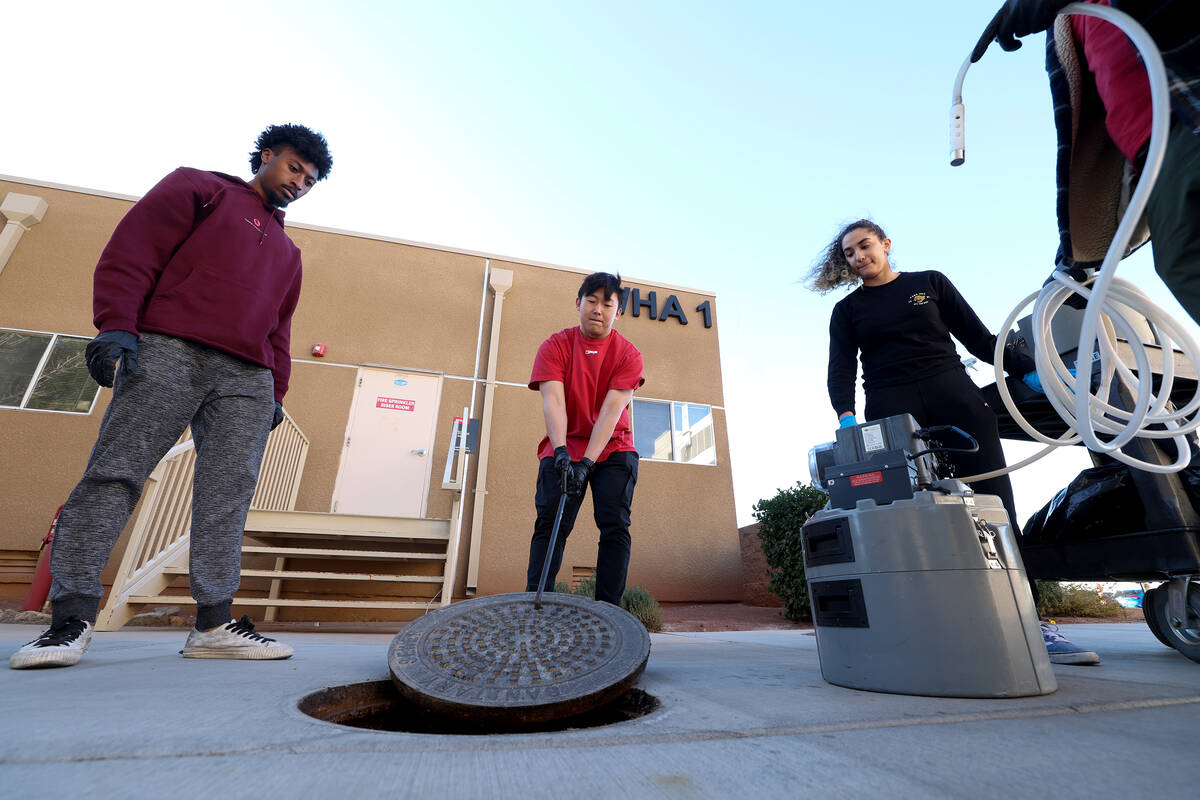Nevada detecting ‘very high’ COVID levels in wastewater, CDC says
Nevada is one of seven states detecting “very high” levels of COVID in its wastewater, according to new data from the Centers for Disease Control and Prevention.
Data released Thursday from the CDC showed California, Oregon, Texas, Arkansas, Florida and Maryland were also detecting “very high” levels of COVID in its wastewater.
Wastewater can be tested to detect how prevalent a virus is in a community, even when people do not show symptoms, according to the agency.
Nevada detected a wastewater viral activity level for the COVID virus of 12.31. A level greater than eight is considered “very high,” CDC data shows.
The state’s level is over double the national wastewater level of 4.98, and twice the level the state detected on June 15, at 5.98.
After a brief dip in COVID-19 wastewater levels the week of June 15, CDC data showed wastewater levels continuing to trend upward across the country.
The last major peak in wastewater levels was in December 2023, when the national COVID-19 wastewater level peaked at 12.75.
Data from the Nevada Enabling the Management of Public health Outcomes through Wastewater Resources Program, which tracks COVID variants in wastewater throughout Nevada, showed an increased viral concentration at sampling sites in central Las Vegas, Henderson, Boulder City, Laughlin, Searchlight and at Red Rock Canyon National Conservation Area.
Data from the CDC and the Nevada program shows that KP.2, a mutation of the FliRT variant of the virus, is the dominant strain both locally and nationally.
UNLV Professor Dr. Edwin Oh told the Las Vegas Review-Journal in May that FLiRT mutations did not appear to pose any major threats.
Contact Taylor Lane at tlane@reviewjournal.com.

















